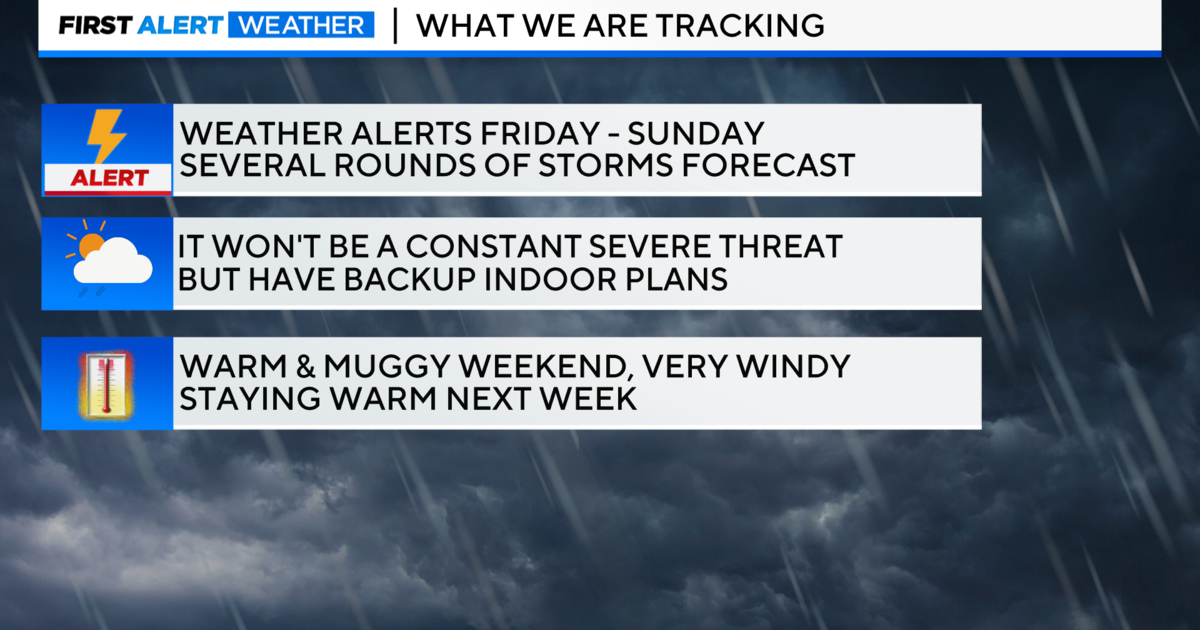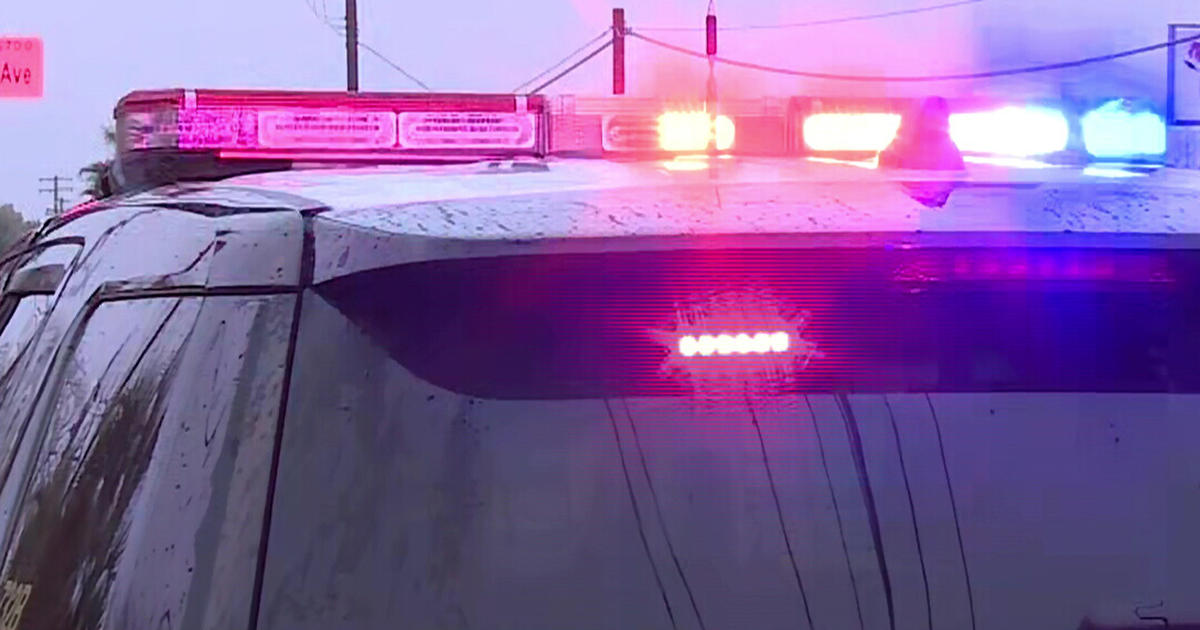More Counties, Lakes Added To Zebra Mussel Fight
AUSTIN (AP) - Boaters on more Texas lakes and rivers will now be required to drain their watercrafts to help fight the spread of invasive zebra mussels following a vote Thursday by state officials.
Commissioners for the Texas Parks and Wildlife Department unanimously approved adding 30 counties in North and Central Texas to the requirement. Currently, boaters in 17 North Texas counties must drain their boats.
The move is aimed at protecting the Trinity, Brazos, Colorado and Guadalupe river basins, all of which are traversed by Interstate 35.
It is a Class C misdemeanor statewide to possess or transport zebra mussels.
Zebra mussels were first confirmed in Texas in Lake Texoma in 2009. The pesky and invasive creatures can clog pipes and damage boat motors, and have spread quickly since first being discovered.
Late last year, the mussels were found in Belton Lake, 60 miles north of Austin - the first time zebra mussels were documented in the Brazos River basin, nearly 200 miles south of where they had been found previously in Texas.
Commissioner Ralph H. Duggins of Fort Worth on Thursday asked Parks and Wildlife Department staff to look into whether there is a need to make the requirement statewide.
"I guess you could make the arguments for or against," Ken Kurzawski, freshwater fisheries regulation coordinator for the department, said after Thursday's vote. "It makes it easier to go statewide."
Not all Texas lakes have the proper conditions to allow for a sustaining population. Lakes with low calcium levels, for example, don't support the mollusk.
There are no large-scale environmentally safe methods for eradicating the mussels. Wildlife officials want to protect other lakes by requiring people to clean, dry and drain their boats after they have been in colonized waters.
The mussels - whose larvae are invisible to the naked eye - can expand their range by hitching rides on boats and trailers.
The department says that moving watercraft along I-35 is the most likely avenue by which zebra mussels will spread.
The 30 counties are Archer, Bastrop, Bell, Bosque, Burnet, Clay, Comal, Comanche, Coryell, Eastland, Ellis, Erath, Falls, Fayette, Freestone, Hamilton, Hays, Henderson (west of State Highway 19), Hill, Johnson, Leon, Limestone, Llano, McLennan, Navarro, Robertson, Somervell, Travis, Wichita, and Williamson.
The species, originally from the Balkans, Poland and the former Soviet Union, made their way to the Americas in the 1980s via a ship's ballast water. They were first found in 1988 in Michigan, and within 10 years had colonized all five Great Lakes and the Mississippi, Tennessee, Hudson, and Ohio river basins. They have infested at least 29 states and more than 600 lakes or reservoirs in the U.S.
University of Texas at Arlington biologist Bob McMahon has said the mussel is by far the most costly aquatic freshwater invasive species ever introduced into U.S. waters.
(© Copyright 2014 The Associated Press. All Rights Reserved. This material may not be published, broadcast, rewritten or redistributed.)
Latest News:
Top Trending:
- Man Fights To Take Pregnant Wife Off Life Support
- Cowboys' Romo Update: Complication In Back Surgery
- Flu Cases Spike In Texas, 13 Dead In Houston Area
- 70-Year-Old Brutally Attacked Outside Restaurant
- Owner Reunites With Dog 4 Months After 'Dognapping'
- PHOTOS: Your Pet Pictures



